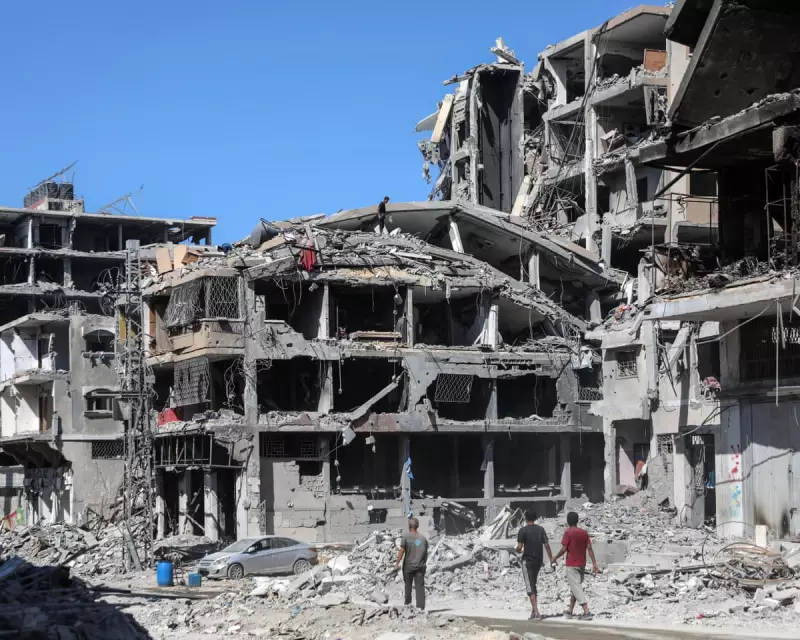
In a landmark address that could define the future of the region, Israeli Prime Minister Benjamin Netanyahu has declared his government's intention to completely dismantle Hamas's military infrastructure and implement comprehensive demilitarisation measures throughout the Gaza Strip.
A New Security Framework for Gaza
The proposed security overhaul represents one of the most ambitious post-conflict plans put forward since hostilities began. Netanyahu emphasised that Israel would maintain overriding security control over the territory, stating this was essential to prevent the reemergence of terrorist threats.
"We will not allow Gaza to return to being a fortress of terror," Netanyahu asserted during his televised statement. "Our objectives are clear: complete demilitarisation of Hamas and all other militant groups, and the establishment of a new security reality that protects both Israeli citizens and Palestinians."
International Pressure Mounts
The announcement comes amid growing international concern about Gaza's future governance and reconstruction. World leaders and humanitarian organisations have been pressing Israel to present a coherent vision for the territory's administration once major combat operations conclude.
Netanyahu's framework appears to address these concerns while maintaining Israel's security priorities. The plan outlines several key components:
- Permanent disarmament of all militant factions in Gaza
- Israeli security control over border crossings and strategic areas
- Establishment of local Palestinian governance structures unaffiliated with Hamas
- International cooperation for reconstruction and humanitarian aid
Challenges and Controversies
Despite the comprehensive nature of the proposal, significant challenges remain. The plan offers little detail on how the demilitarisation process would be implemented or monitored long-term. Furthermore, questions persist about who would administer civilian affairs in Gaza and how reconstruction would be funded and coordinated.
Regional analysts suggest that while the framework addresses immediate security concerns, it may face opposition from Palestinian factions and international partners who view continued Israeli security control as problematic for achieving lasting peace.
The coming weeks are likely to see intense diplomatic activity as world leaders and regional powers respond to Netanyahu's vision for Gaza's future. The success of this ambitious plan may ultimately depend on finding a balance between Israeli security requirements and Palestinian aspirations for self-governance.





